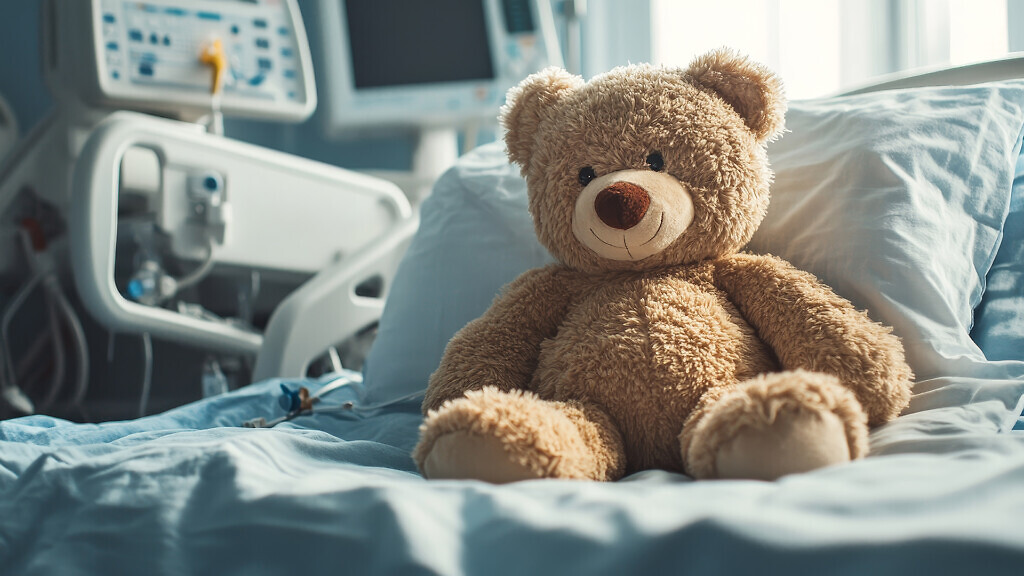The small business research initiative has awarded £3 million to four companies focused on childhood illnesses to demonstrate technical and commercial viability.
Small business research initiative SBRI Healthcare and the NHS’ Health Innovation Network have awarded £3 million to four companies that help improve the health and wellbeing of children and young people.
The competition was open to single companies and organisations from the private, public, and third sectors, including large corporates, small and medium enterprises, charities, universities and NHS providers.
It focused on the management of long-term conditions in the priority areas of asthma, the most common long-term condition among children and young people and one of the top ten reasons for emergency hospital admission of children in the UK; epilepsy, the most common significant neurological disorder affecting children and young people; and diabetes, which is becoming increasingly common among young people in the UK, the majority due to Type 1 but there are growing numbers of Type 2.
“These innovations were selected because they have the potential to make a big difference to improving the health and wellbeing of children,” said Verena Stocker, director of innovation, research, life sciences and strategy at NHS England.

The first of the four companies is TidalSense which has patented a fast-response carbon dioxide sensor embedded within a connected, handheld and battery-operated handset. The project will develop prototype AI-derived asthma diagnostic software to be combined with this hardware for children and determine how it could be used in clinical practice.
Neuronostics is looking at the way in which electroencephalograms (EEGs) contribute to epilepsy diagnosis, with an indication of epilepsy likelihood even when the EEGs do not contain clinical signals.
Tiny Medical Apps is developing a digital health passport for epilepsy. Co-designed with Young Epilepsy, it will provide medication management, seizure tracking, and wellbeing support, with a special focus on those with learning disabilities. Features include voice control and NHS system integration.
Finally, Transdermal Diagnostics has introduced a non-invasive continuous glucose monitoring system. Its wearable device features disposable sensor patches and a rechargeable transmitter, offering continuous blood sugar monitoring via a mobile app.
The four projects have been awarded Phase 1 funding for six months to demonstrate technical and commercial viability. This phase enables 12 months of development and prototype evaluation before real-world implementation.



